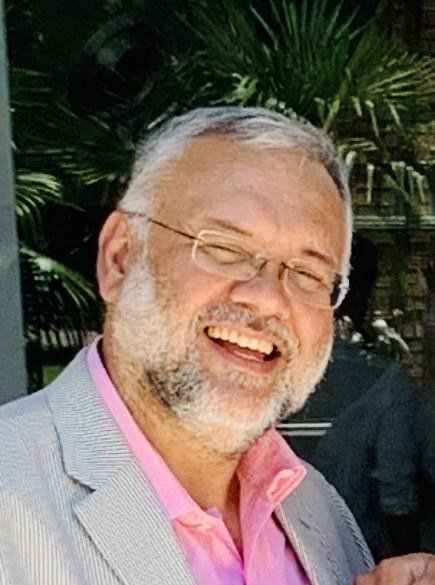LIGHT IN THE DARK OF PRISON
The idea for this year’s blog theme dawned on me as I was listening to Ambassador Ebrahim Rasool talk about the previous time he was in isolation – 33 years ago when he was in solitary confinement for four months as a political detainee, under the state of emergency in apartheid South Africa. He reflects beautifully on his 'companion' during that time, and says that we all have a choice: whether to be alone and lonely in social distance, or to be in physical distance with social solidarity; whether to be morose or reflective.It was on the 6thJune 1987. I was eventually arrested after spending about a year underground, only because the police infiltrated the Call of Islam with a young ‘activist’ who wanted to embrace Islam, but showed that his true purpose was to locate my hideout for the Security Police, whose primary task was to extract information from me, and to betray my comrades and to reveal my secrets.The first two weeks of my detention and interrogation were the most difficult of my life, as I had to discipline my entire being neither to weaken by intimidation nor be seduced by promises. I was stunned at being arrested, disoriented in time and space, intimidated by the fierceness of the interrogation, puzzled by the shards of truth my interrogators had, somewhat betrayed by the idea that a comrade may have supplied those shards, and through all of this find strength and banish doubt.I needed to transcend myself physically and emotionally and be impervious to the here and now. For this, I only had the Quran. The Quran became my strength, my shield, my companion. The Quran defended me from loneliness, protected me from insanity, and prevented me from breaking at the hands of my interrogators. By standing for its righteousness I gained an invincibility of purpose. By being conscious of its Author I was fortified spiritually. By engaging it intensively and systematically, I had a programme to manage the indefiniteness of an imprisonment.My programme started at the morning prayer when I simply read the Quran in Arabic as melodiously as I could and hoped for the reward promised for it – that it would be a witness for me. After breakfast and wash up, I would try and memorize as much of the Arabic Quran as I could. After lunch I would engage the English translation of the Quran and attempt an interpretation thereof, and jot some reflections in any free space left by Yusuf Ali. From the late afternoon to the evening I proceeded to do a thematic index of the Quran and would, for example, gather together all the verses pertaining to justice and read them together to understand the fuller extent of justice: its core application, how it differed from context to context, its scope as well as its limitations. I similarly approached other great themes like mercy, love, war, peace, and so on.This necessarily opened up the daily conversation with God. Initially the conversation was mechanical and one-way. I was preoccupied with my need for assistance, with my anxiety about my release, and most importantly, with the issues and perspectives – my pretext - I brought to the conversation. I read the Quran to confirm what I already knew, to justify what I already did, and to affirm who I was. Slowly I began to understand the meaning of the verse of the Quran that says: “I listen to the prayer of every caller when they call on Me. Let them also, with a will, listen to My call, and believe in Me." I had made no effort to understand God's call. I had my purposes and may have missed the bigger one. I had my objectives and may have contradicted divine ones. I treated the Quran like a supermarket, going only to the aisles I required, choosing only the products I wanted, and buying only the brands I preferred. Increasingly my preoccupations and perspectives were being balanced with the overall values and purposes of the Quran.My conversation with God became less utilitarian and more purposeful; less asking and more searching; less contextually focused and more interested in overarching values and divine purposes. It was a more meaningful and soulful conversation because the veils were falling from my eyes, the wax from my ears, and the cobwebs from my mind. Now, despite still being in prison, I was no longer imprisoned. I had attained the ‘ease that follows difficulty’. But the ease is the insight into how things are done differently, not a restoration of what was before.To read all '30 reflections for our times', please follow the Facebook page '30 days 30 deeds', Instagram @salmahasanali, or subscribe to the newsletter at www.salmahasanali.com.

